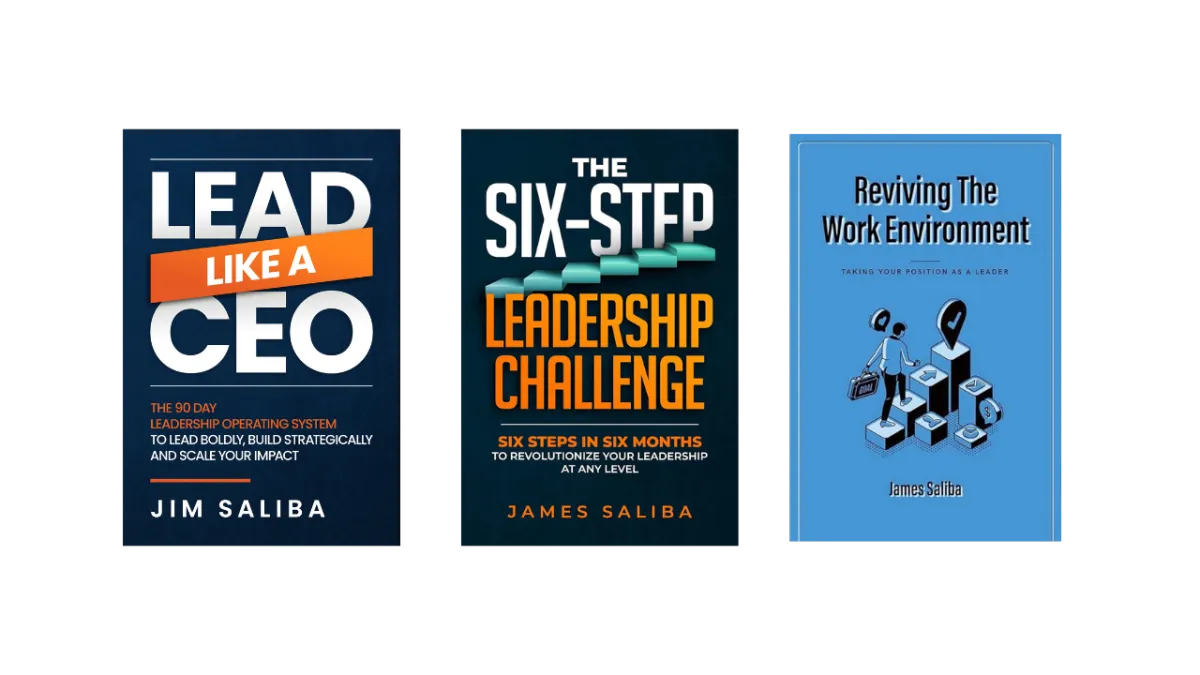Insights for Real-World Leadership
Straight talk and proven strategies for leaders who are done babysitting and ready to lead at the next level.

Secrets for Handling Long-Winded Leaders
It can be tricky to tell people that they talk too much. And in cases where the offender is someone more powerful, like a senior executive or essential customer, it can be downright risky. Unfortunately, many “victims” are suffering in silence during meetings that never end, draining the life out of them.
Being concise is a vital communication skill that your leadership will benefit from. Leaders appreciate it when employees practice upward communication, taking the responsibility to communicate new ideas, innovations, and better ways to accomplish the work. This ability is especially crucial during times of economic uncertainty, where responsibilities can change unexpectedly, and fresh ideas and input are essential at all organizational levels.
As a leader, your team rises and falls with communication. It is almost impossible to carry out any task without needing to communicate with others. Concise communication is a skill that leaders and employees at all levels must learn to increase their productivity.
How you Can Communicate More Concisely
Here are tips to keep in mind that will help you to communicate in a concise manner
#1. Ditch Over Explanation
It is possible to believe that people understand better when you explain the same concept in different ways. While this may be true in some cases, it is not in most cases. While trying to pass across information, ensure that you don’t spend the bulk of your time trying to explain the same thing repeatedly.
Instead, keep your conversation brief and straight to the point. After briefly explaining, you can leave the floor open for questions and possible clarification. Allow your audience to guide you to address specific gray areas.
#2. Eliminate Filler Words
Most people use filler words out of habit without even knowing it. However, filler words don’t add much meaning to the presentation and will only defeat your goal of making your communication concise. One way to ditch filler words is to practice intentionally. It may take a while before you can successfully stop using these words that have no meaning in your sentence.
#3. Practice
Delivering a concise presentation or speech may mean that you will invest more time practicing your message. During consistent practice, you will be able to identify areas that you need to work on and do the needful on time. Additionally, practicing will increase your confidence level as you will become familiar with the content, eliminating word fillers while making your delivery.
#4. Demonstrate
Research has shown that people are more likely to envision what you are talking about if you can demonstrate it. A brief illustration can communicate to the audience what you fail to communicate in many words. Therefore, ensure that you carry the audience along using the demonstration technique.
#5. Stick to Facts
Sticking to facts is one of the sure ways of communicating concisely. Facts make it impossible for those you are communicating with to argue. However, ensure that these facts are verifiable.
#6. Know Your Audience
Before preparing any presentation, take the extra time to know your audience. This knowledge will help you understand the best communication method to reach them. Different things work for different people, and having background knowledge of your audience sets you up for success in your communication.
#7. Be Yourself
It is possible to have great communicators that you are trying to mirror their approach. However, the best way to communicate effectively is not to imitate anyone. Take ample time to practice your presentation and allow your uniqueness to win the day.
Bottom Line
Concise communication is essential in getting desired feedback. By communicating this way, you can pass across your message more effectively and experience better outcomes.
Leaders Who’ve Made the Shift
Michael R., Senior VP

“Jim did more in two sessions than my last coach did in six months.”
(Translation: Jim doesn’t waste your time.)
Karen H., Senior VP

“Jim made it easy to focus on the real leadership challenges.”
(Translation: No fluffy theories. Just real talk and results.)
Ashly N., Director

“Within 15 minutes, I knew I’d made the right decision.”
(Translation: You’ll know fast if Jim’s your coach.)
Stop Acting Like the Chief Fire Extinguisher.
Start Leading.
You know the endless approvals, babysitting, and check-ins aren't real leadership. Let's fix that.
© 2026 James Saliba Inc. • All Rights Reserved • Helping Tech Leaders Lead Strategically Without Firefighting • Terms & Conditions


